The Telecommunication Portal
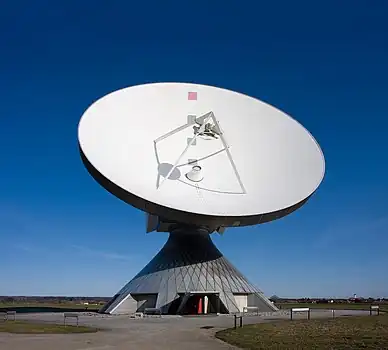
Telecommunication, often used in its plural form, is the transmission of information by various types of technologies over wire, radio, optical, or other electromagnetic systems. It has its origin in the desire of humans for communication over a distance greater than that feasible with the human voice, but with a similar scale of expediency; thus, slow systems (such as postal mail) are excluded from the field.
The transmission media in telecommunication have evolved through numerous stages of technology, from beacons and other visual signals (such as smoke signals, semaphore telegraphs, signal flags, and optical heliographs), to electrical cable and electromagnetic radiation, including light. Such transmission paths are often divided into communication channels, which afford the advantages of multiplexing multiple concurrent communication sessions.
Other examples of pre-modern long-distance communication included audio messages, such as coded drumbeats, lung-blown horns, and loud whistles. 20th- and 21st-century technologies for long-distance communication usually involve electrical and electromagnetic technologies, such as telegraph, telephone, television and teleprinter, networks, radio, microwave transmission, optical fibre, and communications satellites.
The early telecommunication networks were created with metallic wires as the physical medium for signal transmission. For many years, these networks were used for telegraph and voice services. A revolution in wireless communication began in the first decade of the 20th century with the pioneering developments in radio communications by Guglielmo Marconi, who won the Nobel Prize in Physics in 1909, and other notable pioneering inventors and developers in the field of electrical and electronic telecommunications. These included Charles Wheatstone and Samuel Morse (inventors of the telegraph), Antonio Meucci and Alexander Graham Bell (some of the inventors and developers of the telephone, see Invention of the telephone), Edwin Armstrong and Lee de Forest (inventors of radio), as well as Vladimir K. Zworykin, John Logie Baird and Philo Farnsworth (some of the inventors of television).
With the proliferation of digital technologies since the 1960s, voice communication has been gradually supplemented by data. The limitations of metallic data transmission prompted the development of optics. The development of media-independent Internet technologies provided access to world-wide services for individual users without limitations to location or time. (Full article...)
Selected article -
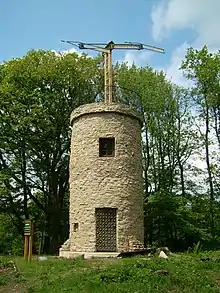
Telegraphy is the long-distance transmission of messages where the sender uses symbolic codes, known to the recipient, rather than a physical exchange of an object bearing the message. Thus flag semaphore is a method of telegraphy, whereas pigeon post is not. Ancient signalling systems, although sometimes quite extensive and sophisticated as in China, were generally not capable of transmitting arbitrary text messages. Possible messages were fixed and predetermined and such systems are thus not true telegraphs.
The earliest true telegraph put into widespread use was the Chappe telegraph, an optical telegraph invented by Claude Chappe in the late 18th century. The system was used extensively in France, and European nations occupied by France, during the Napoleonic era. The electric telegraph started to replace the optical telegraph in the mid-19th century. It was first taken up in Britain in the form of the Cooke and Wheatstone telegraph, initially used mostly as an aid to railway signalling. This was quickly followed by a different system developed in the United States by Samuel Morse. The electric telegraph was slower to develop in France due to the established optical telegraph system, but an electrical telegraph was put into use with a code compatible with the Chappe optical telegraph. The Morse system was adopted as the international standard in 1865, using a modified Morse code developed in Germany in 1848. (Full article...)General images
Things to do
 |
Here are some tasks awaiting attention:
|
Selected biography -
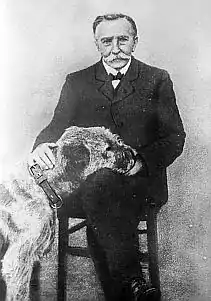
Charles Bourseul (28 April 1829 – 23 November 1912) was a pioneer in development of the "make and break" telephone about 20 years before Bell made a practical telephone.
Bourseul was born in Brussels, Belgium, and grew up in Douai, France. His father was a French army officer. Charles worked for the telegraph company as a civil engineer and mechanic. He made improvements to the telegraph system of L. F. Breguet (a French instrument maker) and Samuel F. B. Morse. Charles Bourseul experimented with the electrical transmission of the human voice and developed an electromagnetic microphone, but his telephone receiver was unable to convert electric current back into clear human voice sounds. (Full article...)Did you know (auto-generated) -
- ... that after being wiped by the BBC, all four episodes of the Doctor Who serial The Time Meddler were discovered in Nigeria in 1984?
- ... that in 1951, the University of Arizona radio bureau produced four different programs that aired on four different Tucson stations?
- ... that former U.S. president Bill Clinton made a guest appearance on a television reunion episode of The West Wing to encourage voter turnout in the 2020 United States elections?
- ... that a Washington state radio station turned to "professional bikini watchers"—military recruiters—to report on crowds at local beaches?
- ... that to convince Canadian regulators that Vancouver could support a new ethnic radio station, the founder of CJVB documented local restaurants and Sikh temples?
- ... that Monika Salzer, a systematic psychotherapist and Protestant pastor, was a columnist for the Kronen Zeitung and appeared on television in Dancing Stars?
Related portals
Topics
Subcategories
Associated Wikimedia
The following Wikimedia Foundation sister projects provide more on this subject:
-
 Commons
Commons
Free media repository -
 Wikibooks
Wikibooks
Free textbooks and manuals -
 Wikidata
Wikidata
Free knowledge base -
 Wikinews
Wikinews
Free-content news -
 Wikiquote
Wikiquote
Collection of quotations -
 Wikisource
Wikisource
Free-content library -
 Wikiversity
Wikiversity
Free learning tools -
 Wiktionary
Wiktionary
Dictionary and thesaurus
-
 List of all portals
List of all portals -

-

-

-

-

-

-

-

-

-
 Random portal
Random portal -
 WikiProject Portals
WikiProject Portals
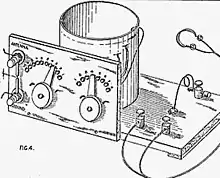
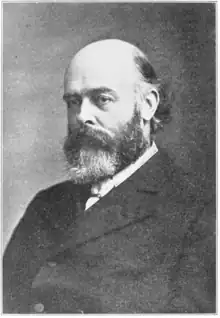
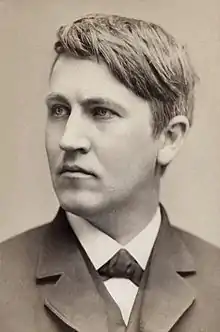





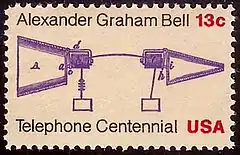

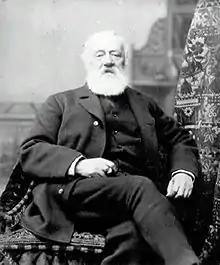
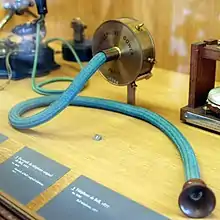


_LCCN2014717186.jpg.webp)
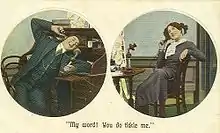
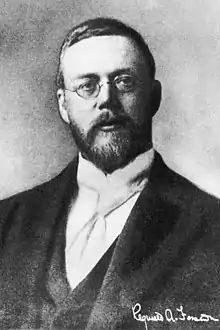

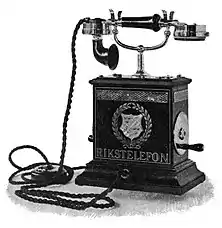

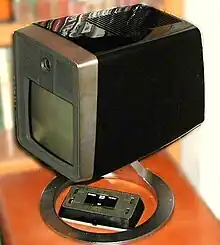

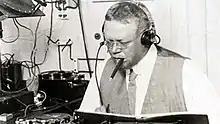

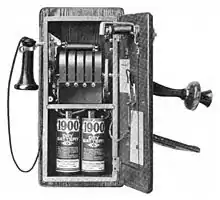

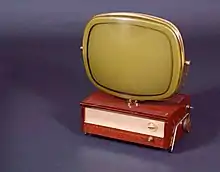


.jpg.webp)
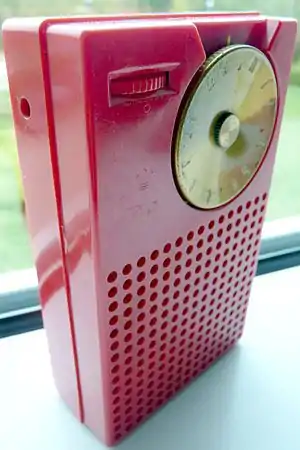


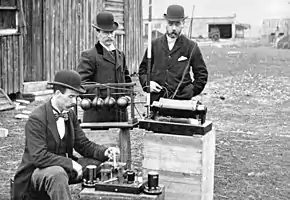


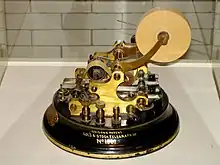





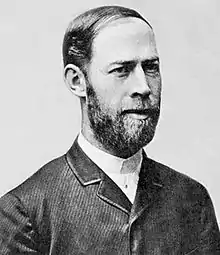

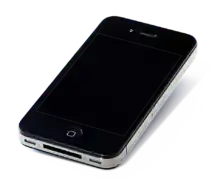
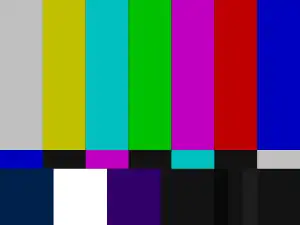


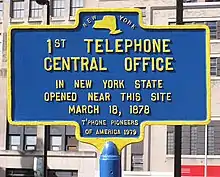
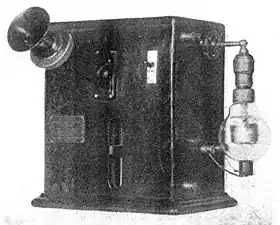
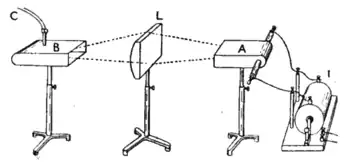
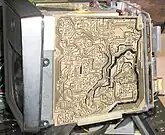
.svg.png.webp)

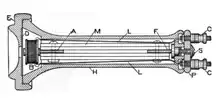
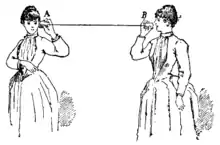

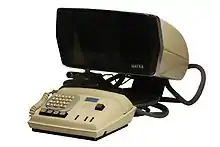


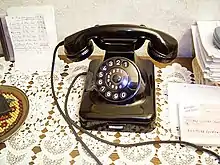
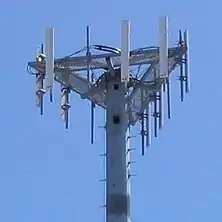




.jpg.webp)
